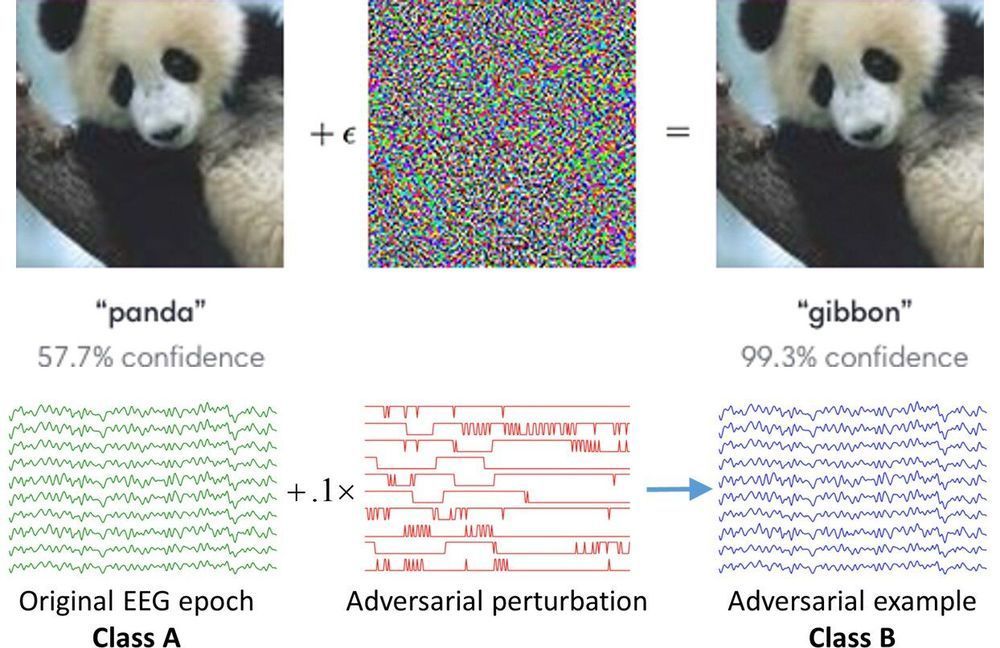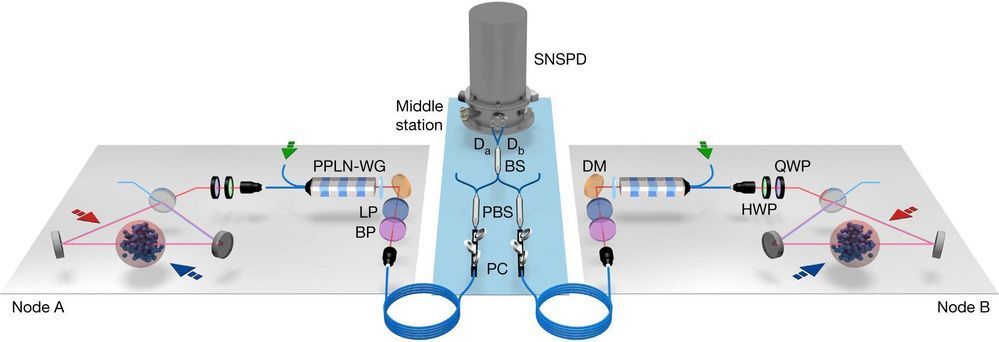Security of embedded devices is essential in today’s internet-connected world. Security is typically guaranteed mathematically using a small secret key to encrypt the private messages.
When these computationally secure encryption algorithms are implemented on a physical hardware, they leak critical side-channel information in the form of power consumption or electromagnetic radiation. Now, Purdue University innovators have developed technology to kill the problem at the source itself—tackling physical-layer vulnerabilities with physical-layer solutions.
Recent attacks have shown that such side-channel attacks can happen in just a few minutes from a short distance away. Recently, these attacks were used in the counterfeiting of e-cigarette batteries by stealing the secret encryption keys from authentic batteries to gain market share.






